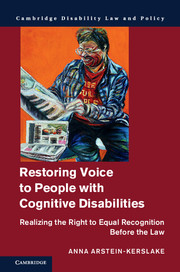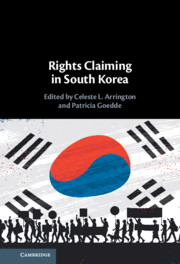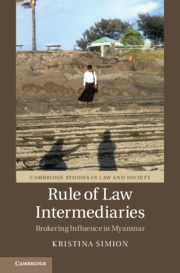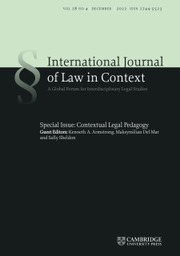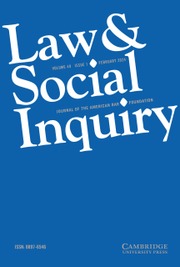Restoring Voice to People with Cognitive Disabilities
The right to make decisions is important for every individual. It allows us to express ourselves, discover our likes and dislikes, and lead our lives in the way we desire. People with cognitive disability have historically been denied this right in many different ways - sometimes informally by family members or carers, and other times formally by a courtroom or other legal authority. This book provides a discussion of the importance of decision-making and the ways in which it is currently denied to people with cognitive disability. It identifies the human right to equal recognition before the law as the key to ensuring the equal right to decision-making of people with cognitive disabilities. Looking to the future, it also provides a roadmap to achieving such equality.
- Offers a novel discussion of the human right to decision-making
- Provides a history and the meaning of the right to equal recognition before the law and the right to legal capacity
- Proposes solutions that will allow people with cognitive disability to have an equal right to decision-making
Product details
July 2017Hardback
9781107141421
270 pages
235 × 157 × 18 mm
0.5kg
Available
Table of Contents
- 1. Theoretical and historical foundations of the right to equal recognition before the law
- 2. The meaning of the right: interpreting Article 12 of the CRPD
- 3. The significance of Article 12 of the CRPD: legal capacity as legal personhood and the importance of autonomy
- 4. Theoretical tensions in Article 12 of the CRPD: autonomy versus paternalism and liberty versus social support
- 5. Denying legal capacity to people with cognitive disability
- 6. Case law and the right to legal capacity
- 7. Right to legal capacity in all aspects of life
- 8. The nature of the support paradigm for people with cognitive disabilities
- 9. Good practice in supports for the exercise of legal capacity
- 10. Future directions in research and the pragmatics of change
- Bibliography
- Index.

